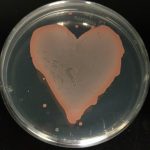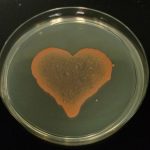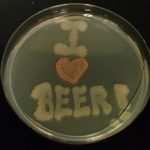By Emma Kampouraki
After surviving St Valentine’s Day one more year, I was back in the office next morning with a weird feeling that I’ve forgotten something. While opening my inbox, I found an e-mail from Nature Alert about the contents of the next issue. This is when I found myself reading an article titled “Train PhD students to be thinkers not just specialists”. And I thought… this is a good way of starting this week’s blog.
PhD life is long and difficult for each and every student. This is the best reason why we should look into ways of making it better and far more interesting than any other period of our lives. One way could be to pretend we are not doing a PhD, don’t be bothered too much and run in hell during the final year or never finish. Another way is to try and sort out your everyday workload asap and then relieve your depression with alcohol and sleep. We could do better than that, right?

Source: http://www.allbusinessideas.net/becoming-a-successful-accountant-main-skills-to-develop/
The abovementioned article in Nature explains how changing the curricula of PhD studies can broaden the horizon of doctorate students, based on the view that “researchers who are educated more broadly will do science more thoughtfully”. Now, this is definitely what new generation of scientists is aiming for and they are absolutely right. Nevertheless, with less than 15% of doctorate graduates ending up in academia, we need to consider other skills that PhD students must acquire on the way to their last degree.
First could be team work and collaboration. During your PhD you might be asked to learn various techniques and join other research groups for training and/or data collection. You might even be required to perform experiments in a hospital or collaborate with other groups during field work. When that happens, grab the opportunity to check your team work and be prepared and willing to share your knowledge, experience and passion for science with them. Don’t forget to make friends and keep contacts.
The next skill would be problem solving. It might relate to your own work and assays or even to an assay of a new PhD or other student you are helping. It is a skill that few people acquire these days, doe to the massive help technology and technicians offer in our labs nowadays. In addition, it teaches you how to start thinking out of the box, be creative and of course how to deal with stress, which is always there accompanying every moment when things go wrong. Once you manage to solve a problem once, your confidence can reach the sky.
Speaking of students, ask your supervisor to give you the chance to supervise an undergraduate or master’s student. This is where you will find your leadership skills being developed. Being a proper leader requires much more than you’ve ever thought. But you will never know until you actually experience it first-hand.
Project management is one of those skills your employer will look for desperately when they are recruiting for managing positions, like a team leader. I know what you’re thinking; project management is your whole PhD. What about any other projects you might be managing simultaneously? What have this project taught you about time management and balance between different workload? Exactly…
Finally, communication is crucial in every job. Make sure you attend conferences, scientific meetings and other opportunities like this. Also, make sure you speak about your science in a lay audience as well. This is not only because you will have to do this at some point (during an interview for example), but because it can be quite fun as well. Science communication can be interesting for you, so can be science writing. So, next time you will be offered the chance to write for a student newspaper or magazine, grab it! Who knows how many job opportunities it could offer you in the future.
After all these, what had I forgotten to do in the first instance? I don’t know either. Is it still that important? I doubt it…
Train PhD students to be thinkers not just specialists, Bosch G. Nature 554, 277 (2018)
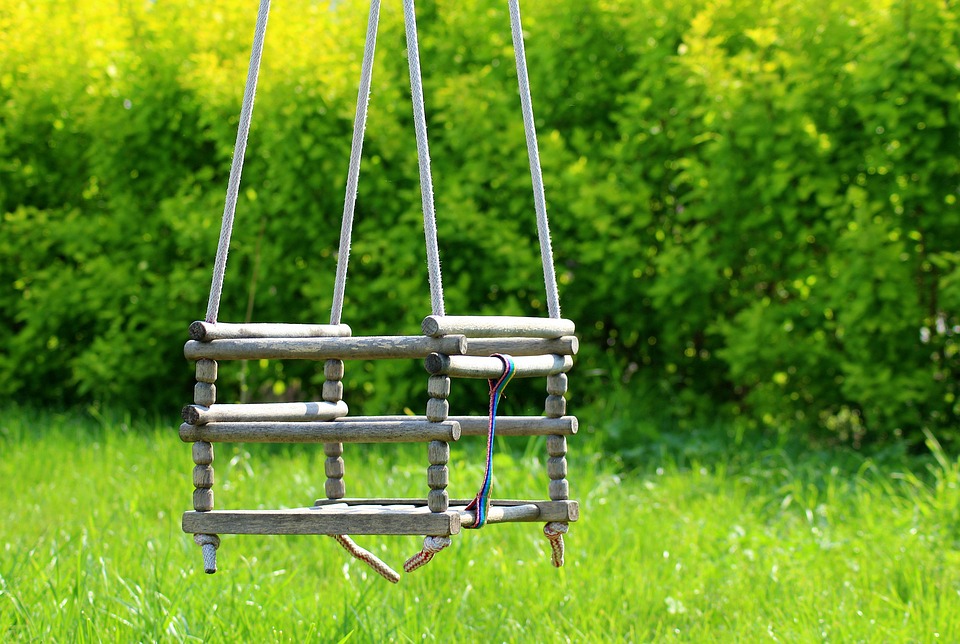

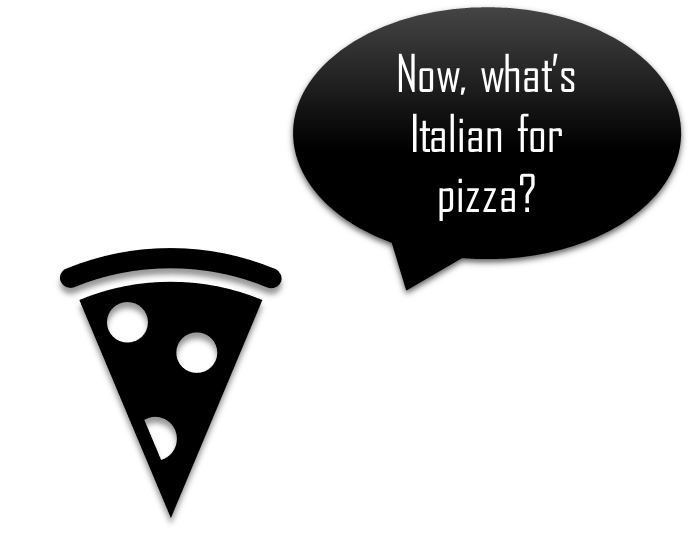 When you are learning a foreign language, you are bound to come across unknown words or even expressions in text or speech. From my personal experience, it acts as a great learning tool, as you are sometimes able to assign a meaning to the unknown word based on the context. While reading a text it is not surprising that people usually predict the upcoming words based on their fluency and past experiences, aiding the cognitive processing.
When you are learning a foreign language, you are bound to come across unknown words or even expressions in text or speech. From my personal experience, it acts as a great learning tool, as you are sometimes able to assign a meaning to the unknown word based on the context. While reading a text it is not surprising that people usually predict the upcoming words based on their fluency and past experiences, aiding the cognitive processing.

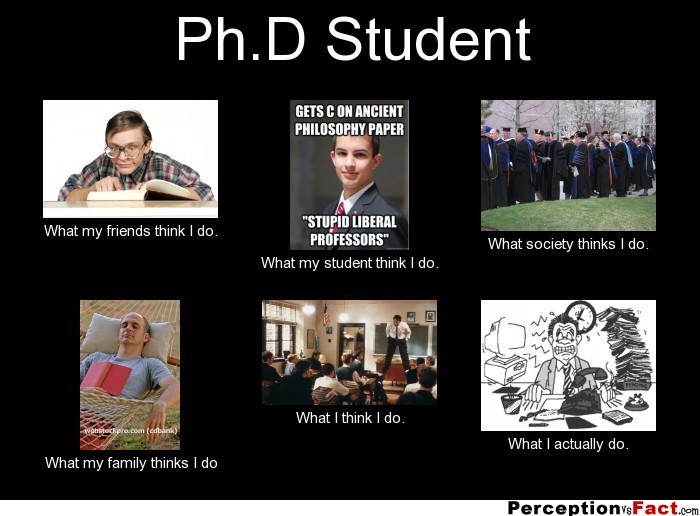 I guess the picture above says it all.
I guess the picture above says it all. 

